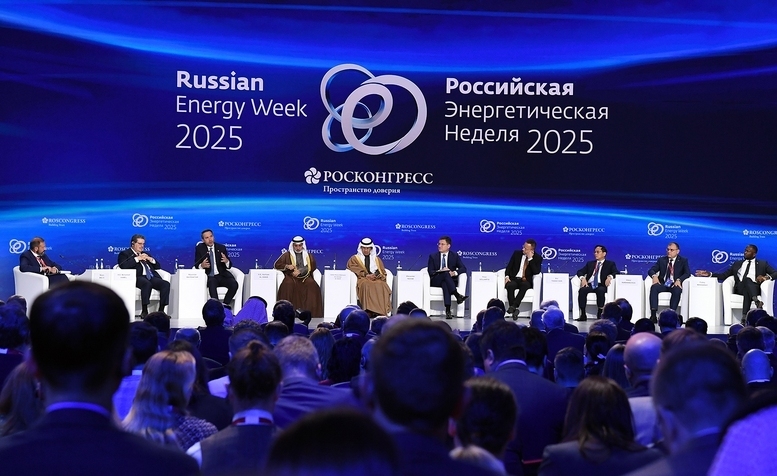
Vietnam highlights LNG power plans at Russian Energy Week 2025
19:05 | 23/03/2025 22:06 | 16/10/2025News and Events
International recognition and appreciation
On October 14, the Ministry of Foreign Affairs reported that the election for the UN Human Rights Council (UNHRC) members was held at UN Headquarters, with all 190 eligible member states participating
Vietnam’s 180 votes not only topped the Asia-Pacific region but also established it as the sole country in the region currently serving on the Council during the 2023-2025 term to be re-elected for the 2026-2028 term.
Alongside Vietnam, thirteen other countries won seats for the 2026-2028 term, including India, Pakistan, Iraq, Egypt, South Africa, Mauritius, Angola, Estonia, Slovenia, Chile, Ecuador, Italy, and the United Kingdom.

The Vietnamese delegation after hearing the President of the UN General Assembly announce the voting results. Photo: VNA
Entering its third term on the UNHRC, Vietnam will continue to advance eight priority areas, focusing on enhancing the Council’s operational efficiency, protecting human rights amid climate change and digital transformation, promoting gender equality, safeguarding vulnerable groups, ensuring access to health and employment rights, and advancing human rights education.
When announcing its candidacy, Vietnam also pledged twelve voluntary commitments across various human rights domains, all of which it has undertaken to implement rigorously.
“The election result reflects the trust and recognition of UN member states for Vietnam’s proactive efforts in promoting and protecting human rights, as well as its constructive initiatives during the 2023-2025 term,” the Ministry of Foreign Affairs affirmed.
The Ministry further highlighted that this outcome demonstrates the international community’s confidence in Vietnam’s open and multilateral foreign policy, its active participation in global mechanisms, and its achievements in international integration. Vietnam’s re-election also underscores its strengthened position as an active and reliable partner committed to peace, cooperation, and sustainable development.
Eight priority areas
During the 2023-2025 term, Vietnam adopted the guiding principle: “Respect and understanding. Dialogue and cooperation. All human rights, for all people.”
The country identified eight long-term priority areas, including improving the Human Rights Council’s effectiveness, protecting human rights in the context of climate change, combating violence and discrimination while safeguarding vulnerable groups, promoting gender equality, protecting human rights in the digital era, ensuring access to healthcare, safeguarding employment rights, and advancing education and human rights education.
These priorities reflect both international concerns and Vietnam’s own cooperation needs in the field of human rights. They will continue to guide Vietnam’s work during the 2026-2028 term and beyond.
As Vietnam promotes initiatives and strengthens cooperation with other Council members, it will focus on global concerns, urgent contemporary challenges, and domestic priorities that drive breakthrough development, including science, technology, innovation, digital transformation, education, and healthcare.
Deputy Minister of Foreign Affairs Nguyen Minh Hang emphasized that, as outlined in Resolution 59, international integration is a national endeavor requiring the participation of the entire political system, with people and businesses at its center as the main actors, driving force, and beneficiaries.

Vietnamese Deputy Minister of Foreign Affairs Nguyen Minh Hang casts her ballot to elect members of the UNHRC for the 2026-2028 term. Photo: VNA
“In this spirit, Vietnam’s participation in the UN Human Rights Council for 2026-2028 will require broad and effective contributions from ministries, agencies, political organizations, and civil society,” she said.
Deputy Minister Hang expressed confidence that, with the strong international support reflected in the vote and the active engagement of the domestic political system, Vietnam’s next term will be highly successful and contribute meaningfully to implementing the Party and State’s policies on promoting and protecting human rights.
Vietnam’s term as a member of the UN Human Rights Council for 2026-2028 will officially begin on January 1, 2026.

19:05 | 23/03/2025 22:06 | 16/10/2025News and Events
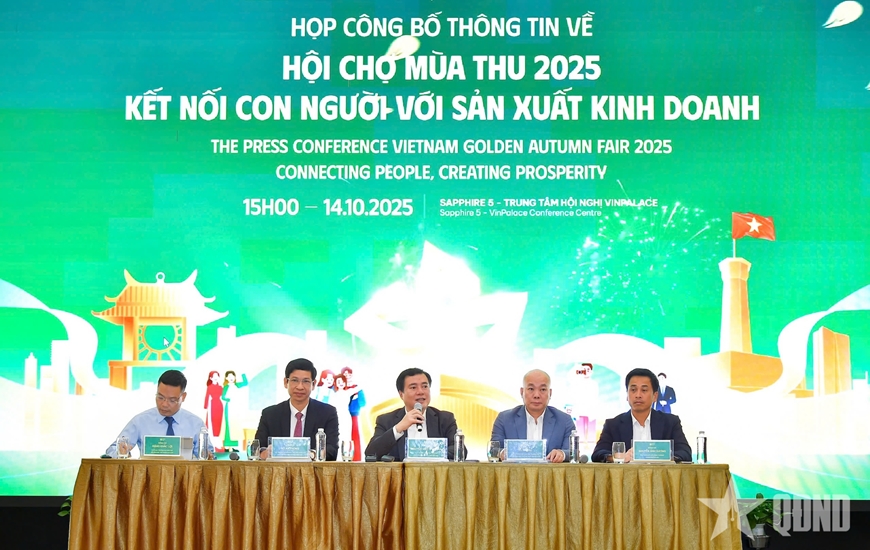
19:05 | 23/03/2025 21:01 | 16/10/2025News and Events
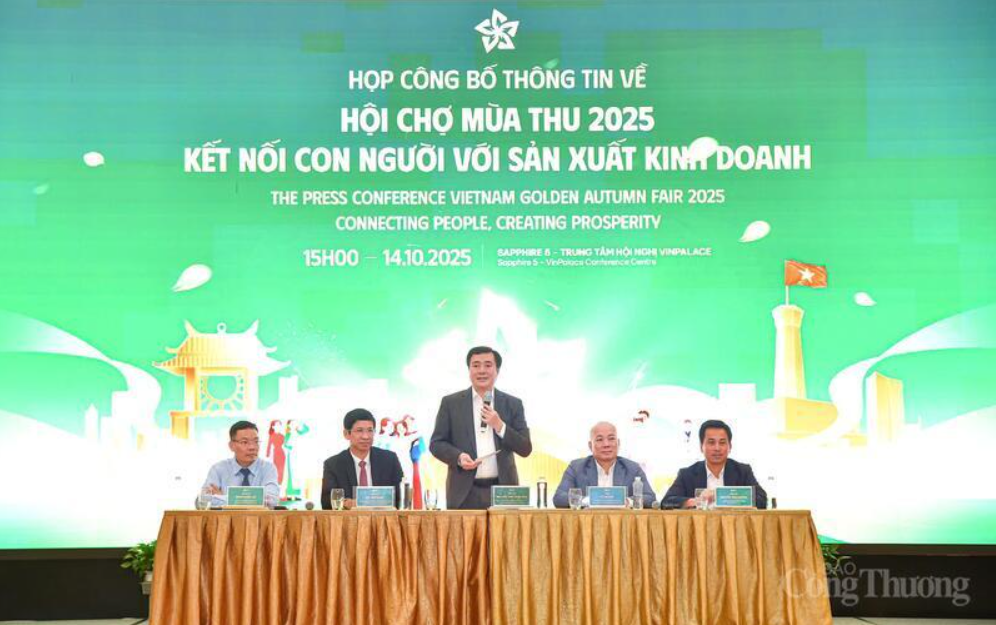
19:05 | 23/03/2025 20:59 | 16/10/2025Trade
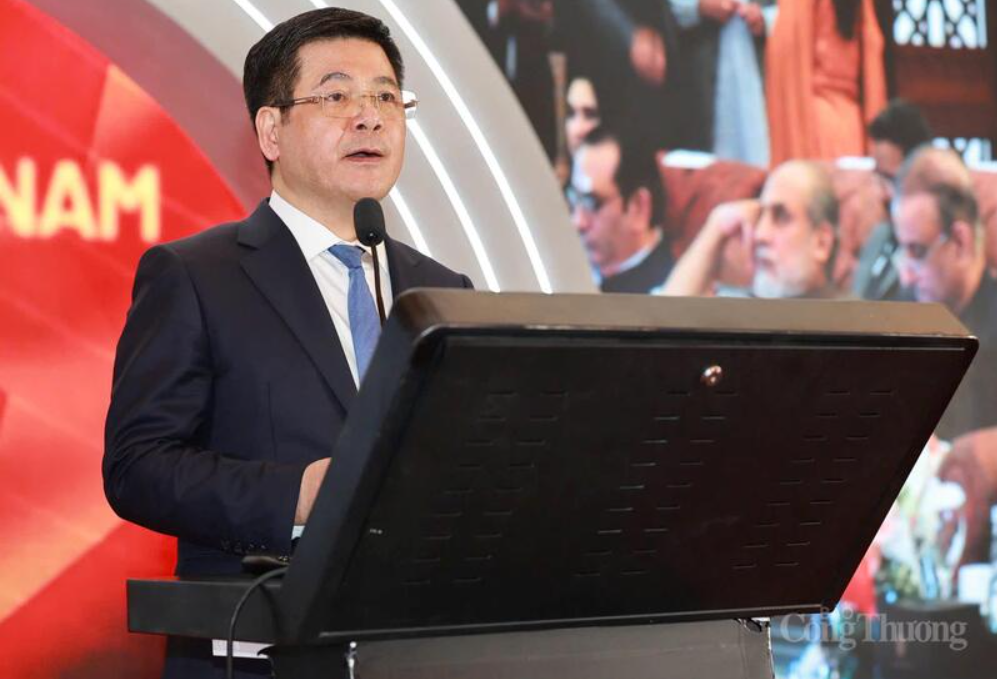
19:05 | 23/03/2025 20:56 | 16/10/2025Trade
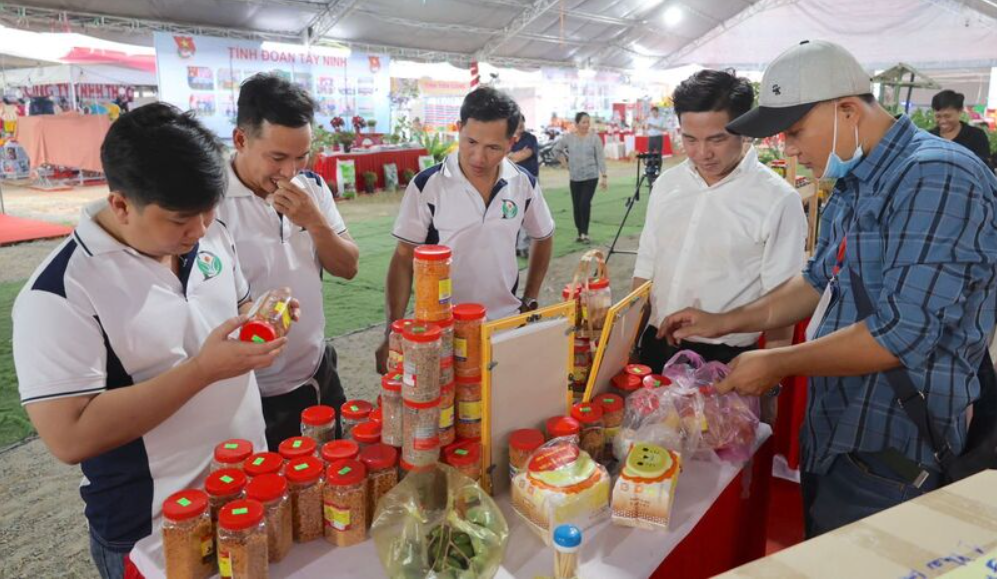
19:05 | 23/03/2025 20:51 | 16/10/2025Trade